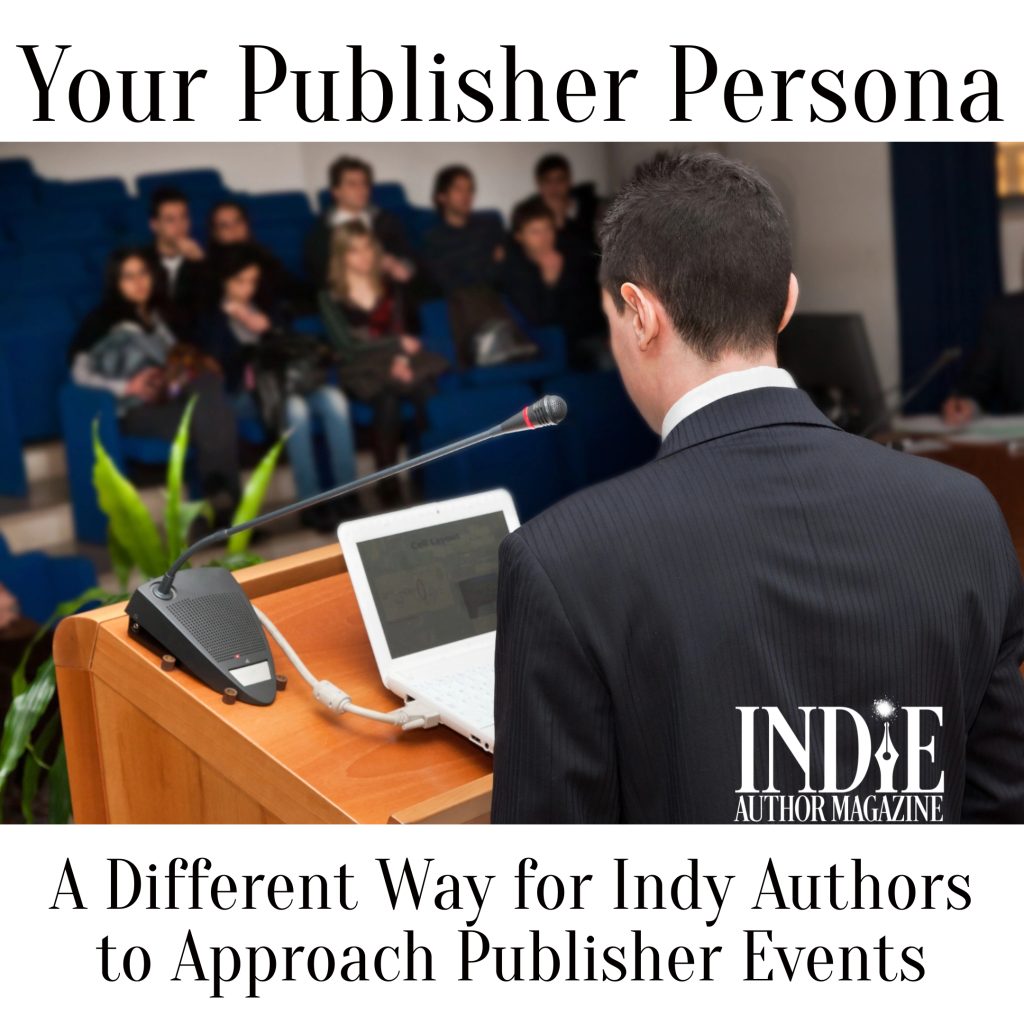A Different Way for Indie Authors to Approach Publisher Events
Although many international book fairs, such as Bologna, London, or Frankfurt book fairs, have introduced author tracks or highlighted best-selling authors for prestigious readings in recent years, the primary players at these fairs are, and have been from the beginning, publishers. Conferences targeted at authors focus on the development of individual books or series, but a publishing fair is a marketplace for buying and selling intellectual property rights, and a place to showcase and debate new ideas about our industry.
As an indie author, you play the role of “publisher” as much as you do “author”; you know who your books are for, the needs your publishing satisfies, and the selling points that have already worked for each book or series. A book fair is the place to spell out your baked-in marketing hooks like holidays, current events, evergreen themes, curriculum tie-ins, or catchy book club discussion topics—and you’ll do that most effectively when you’re thinking like a publisher first.
The Fairest Books of All
When you prepare an artist’s statement, a media or speaker’s kit, a rights catalog, an events or news webpage, or a press release, you are spelling out your best ideas about how others can connect to your work. These are similar tools, but each is tailored to a different audience. These are exercises in strengthening your publishing point of view—highlighting how you, or others in the industry, can best understand and market your work. Where writing is a creative endeavor, publishing is a business, and that’s the mindset you should take to these events.
With your publishing vision in mind, ahead of any book fair or publishing event, review the program, considering both presenters and vendors who will be attending. Create the marketing materials that appeal to you, and gather your messaging and promotional ideas together to make them shareable with others attending your event. Start pitching for appointments with professionals you’d like to meet at least twelve weeks ahead of time to allow for follow-up. Even if you aren’t ready to discuss rights licensing, a conversation with an existing distributor or retailer might show your books in a new light and win them more visibility. A supplier or software developer might answer questions or offer answers that inspire a new publishing project with your existing books. An organization for foreign language editors might help with your translation needs. Author organizations may also be present at the fair to offer support in other areas of your business.
Studying Publishers is Fair Play
As both the creators and the sellers within their publishing businesses, book fairs are the perfect place for self-published authors to broaden their focus and imagine their future. Indie authors are often advised to study Amazon’s categories to find where their books fit in the book market and understand what readers want. Visiting a book fair brings this to life as a maze of publishers, services, and organizations. Browse through the stands and take in the shapes, colors, formats, and mission statements of all the publishers. Who shares your aesthetic, purpose, or readers? Concrete examples will help you expand your publishing imagination.
Instead of comparative titles for your books, look for comparative publishers. Are there color palettes that clash or harmonize with your book covers? Do you see intriguing formats or themes that resonate with your work? Maybe you can gain gradual awareness of a new trend, like coloring books for adults. These insights can be tie-ins for your current publishing strategy or magic beans for the future.
The fair is also the perfect place to practice your talking and selling points and discover new ones. Bring copies of sell sheets and a printed catalog of your titles, so others can visualize your work at a glance and see where it might fit with their goals and so you can find potential collaborators to make your vision a reality.
The Rights Game and Fair Trades
Another benefit to attending publisher-focused events: more so than at author events, you’ll likely be able to meet with those who could eventually license translation, film, or other rights to your work. The Alliance of Independent Authors’ guide How Authors Sell Publishing Rights describes what rights author-publishers have, details the role of agents and lawyers in the process, and gives practical tips about how to prepare for book fairs, make pitches, and understand contracts.
As always, a crucial and intangible benefit to braving the woods is the sheer energy of the book fair. Just the knowledge that thousands of people think books are vital to our lives can encourage and inspire a flagging and weary indie publisher. Books are worthy of the dedicated—and sometimes exhausting—work necessary to bring them to readers. Your work in publishing has brought you to a new gateway. What conversations would you like to take part in? What movements would you like to support? Who do you want to entertain? An international book fair is a place for discourse about ideas that affect our world, and you’re a publisher who deserves to be part of it.
Laurel Decher

